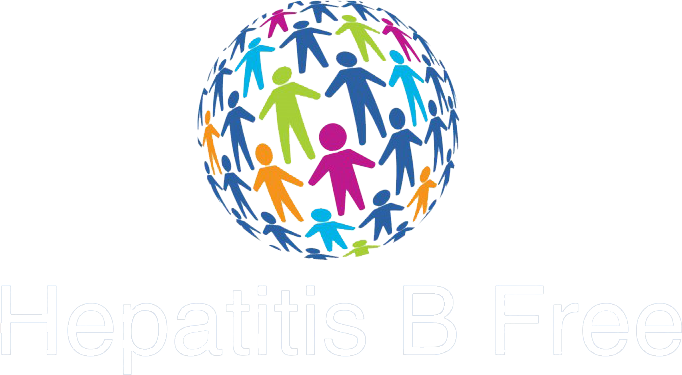New hope for Kiribati: Treating HepB in the Pacific Islands
November 2017 marked the beginning of a new Hepatitis B Free project. Dr Alice Lee made the first visit to Kiribati, a beautiful island nation in the central Pacific Ocean consisting of 33 coral islands. Its capital city, Tarawa, lies roughly halfway between Australia and Hawaii. An incredibly remote country, Kiribati is resource-poor and depends mostly on foreign aid contributions. Other major sources of revenue come from tourism and the fishing industry.
While healthcare in Kiribati is free, there are several challenges faced by the Kiribati peoples. Remoteness of the islands, which span 3000 kilometres across the Pacific Ocean, limits ease of access to medical facilities. There is a shortage of healthcare workers, with one doctor often servicing 100 people per day. Medical infrastructure and facilities are very limited, with many clinics lacking running water, refrigeration or even the ability to do blood tests.
Hepatitis B is endemic in Kiribati, with an estimated 15-20% of adults suffering from chronic infection. (According to the World Health Organisation, rates above 8% are considered high.) Although there is an immunisation program, it is limited, and most infections are caused by the transmission from mother-child, or during early childhood prior to vaccination. Only 40 out of 105 clinics have fridges to store the vaccines at appropriate temperatures. As there is no access to life-saving antiviral therapy in Kiribati, many hepatitis B infected individuals are treated for symptoms but not the underlying disease, and often use local herbal remedies.
Hepatitis B Free, together with the Victorian Infectious Diseases Reference Laboratory and the World Health Organisation (Western Pacific Region), and Kiribati’s local doctors and healthcare workers, began a program to provide patients with chronic hepatitis B with antiviral treatment. The November 2017 trip was an opportunity to set up working relationships, begin assessing patients, and train the local doctor Dr Patrick Timeon. To determine who could access the treatment, a clear protocol was set out according to WHO guidelines.
By March 2018, the first batches of antiviral medications had arrived in Kiribati and the first patients started treatment. Two months later in May, the Hep B Free team visited Kiribati again, represented by Sue Huntley and hepatologist Dr Thao Lam. They ran a hepatitis clinic at the hospital. They performed FibroScans for 215 people to assess the liver fibrosis (scarring), an important step to identify patients for treatment and monitor their disease progression. As of June this year, 70 patients have been provided antiviral therapy, a glimmer of hope for the estimated 16 000 individuals affected by chronic hepatitis B.
Speaking to Sue Huntley about her experience in Kiribati, she described the community as very welcoming and grateful. In her words, “What struck me was how young the majority of patients were, probably on average, 35 years old.” The community are very family-orientated – on day one, hundreds of people turned up, with their loved ones there to support them.
Fatty liver disease is also highly prevalent in Kiribati’s population, contributed to by largely sedentary lifestyles. As fatty liver disease worsens liver health and was commonly found to occur simultaneously to hepatitis B, this points to a need for greater education of the local community about healthy lifestyle management.
A public awareness campaign was also announced over the local radio, informing people about hepatitis and bringing people from across the island to the busy hospital clinic.
The future of the project was discussed during a debriefing session at the end of the visit with the Acting Director of the Tungaru Central Hospital. In these early days, challenges such as patient record systems, medication dispensing and staffing will need to be addressed. There is much hope and excitement for the successful launch of this project, and we’re grateful to all of our supporters, donors, volunteers and collaborators for their engagement.
Written by Joyce Yu, Publicity Officer
